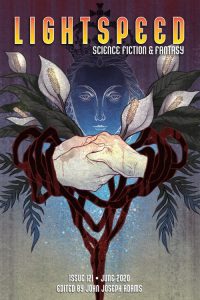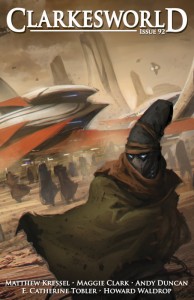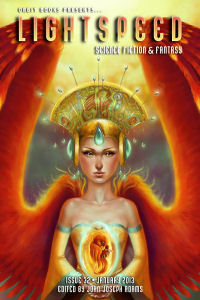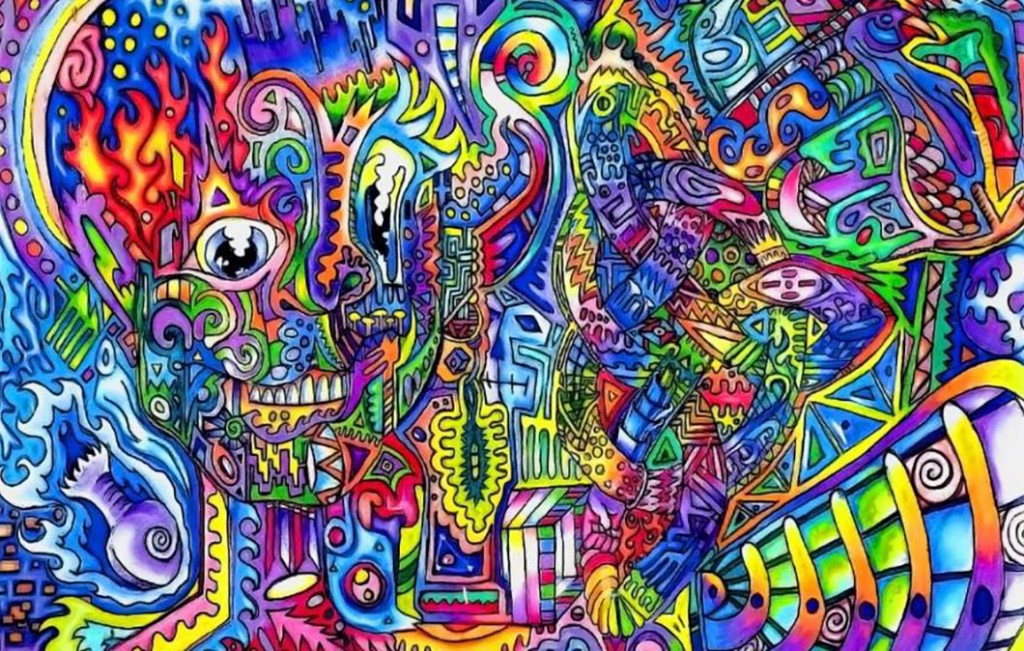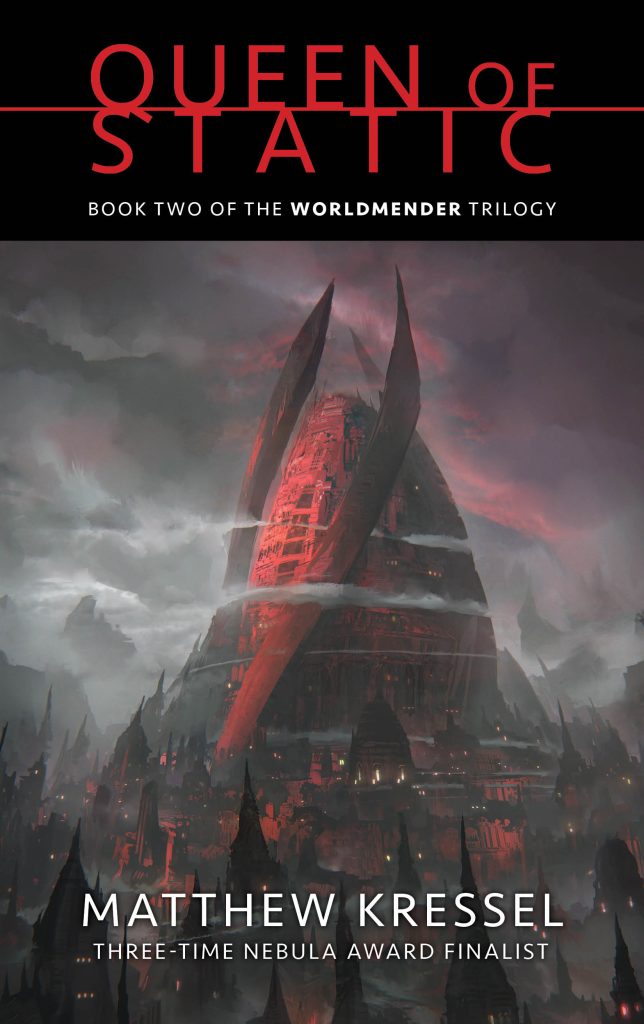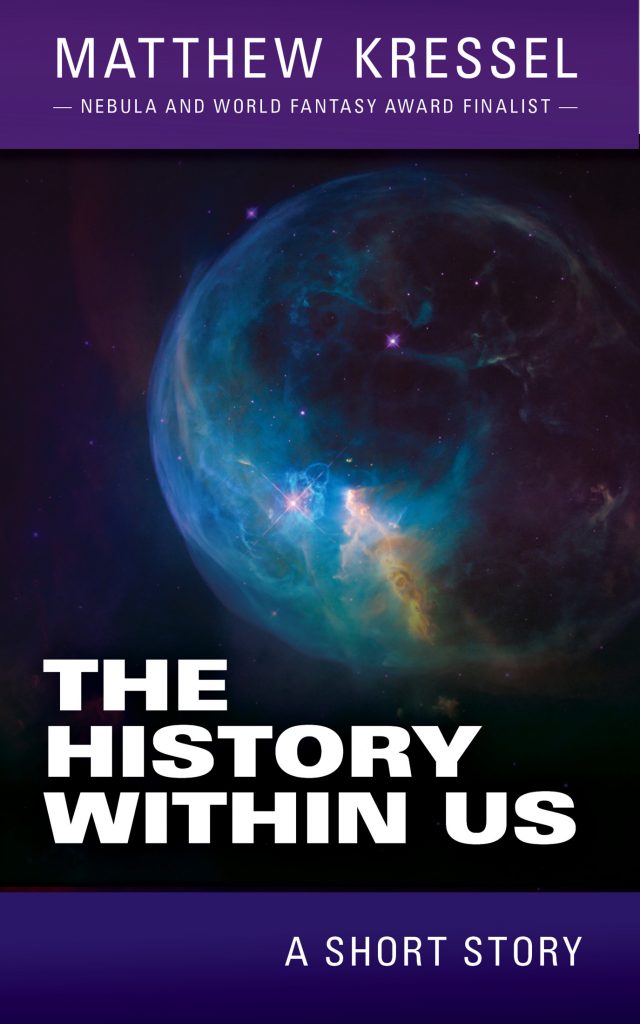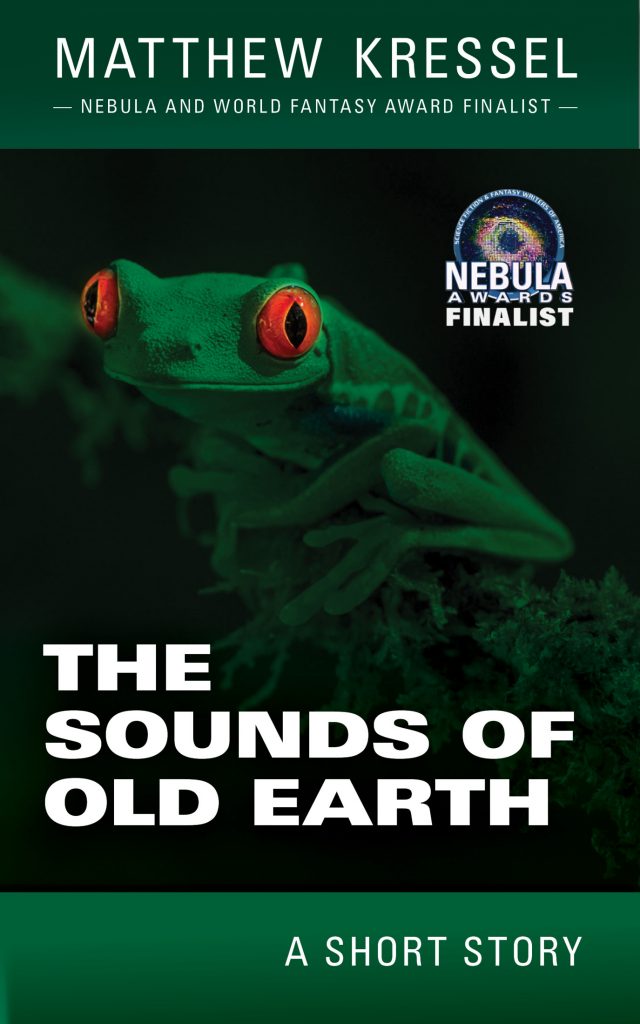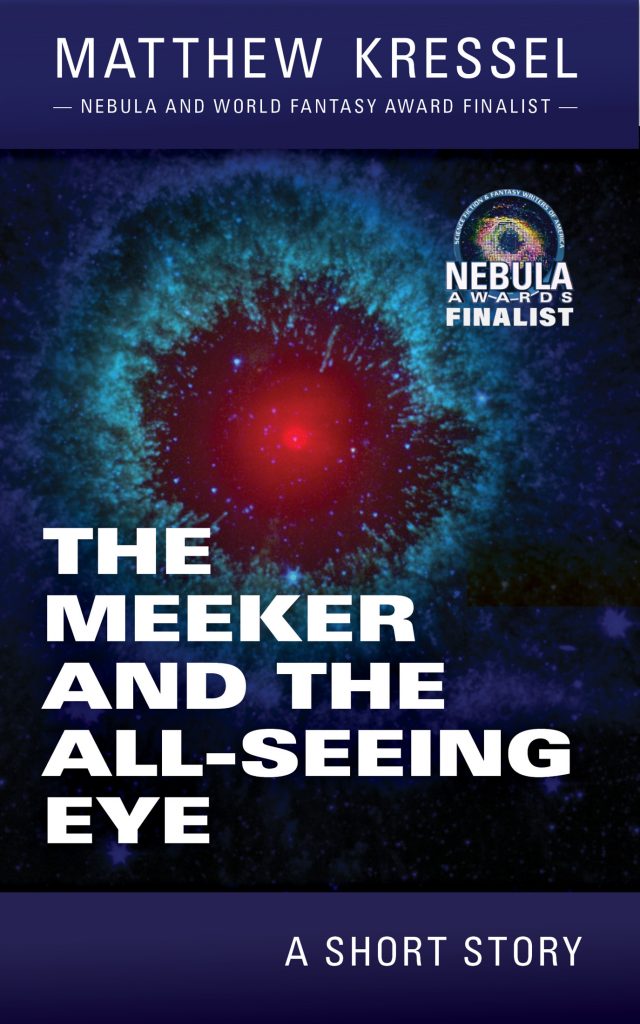To celebrate the October 13th release of my forthcoming debut novel, King of Shards, I will be featuring one new blog entry a day about a different Judaic myth for 36 days. Today’s entry is on the Four Who Entered Paradise.
Day 11: The Four Who Entered Paradise
The scriptures speak of four sages who entered Paradise. They were Ben Azzai, Ben Zoma, Acher, and Rabbi Akiba. They used poses of their bodies, chanted the names of God, and ritually purified themselves in baths to ascend to heaven. Before reaching Paradise, Rabbi Akiba warned them, “When you come to the place of pure marble stones, do not say, ‘Water! Water!’ for it is said, ‘He who speaks untruths shall not stand before My eyes.’ Upon reaching Paradise, Ben Azzai looked directly at the Shekhinah, the Divine Presence, and died. Ben Zoma looked and went mad. Acher cut down all the plants. Only Rabbi Akiba came and went in peace.
How did Ben Azzai die? Upon seeing the ineffable beauty of the celestial palace, he knew his soul had come home at last, and so he chose to remain in Paradise with God.
How Did Ben Zoma go mad? He saw that the distance between the upper and lower waters, the separation of the firmament, are but three finger-breadths.
Why did Acher cut down the plants? When he reached the heavenly throne he saw the angel Metatron seated upon it. Acher cried out, “There are two gods in heaven!” For not correcting Acher’s error, God commanded that Metatron be lashed sixty times with a fiery whip.
How did Rabbi Akiba survive the journey? When he ascended to heaven, he left behind signs to find his way back. He arrived at the Pargod, the celestial curtain, and an angel of destruction came out to injure him. But God called out, “Leave this one alone. He may gaze at my glory.” And in the full light of heaven, Rabbi Avikah learned God’s secret and holy Name.
The Myth’s Origins
The story of the four sages who entered the Pardes, Garden or Paradise, is one of the most popular of Jewish mystical tales and it served as both a warning to those wishing to peer too closely at divine mysteries, and an example for those wishing to probe more deeply into contemplation and heavenly ascent.
The story finds its origins in the Talmud, Chagigah 14b, which tells the story of the four men, quoted in the first paragraph above. The commentary beside the Talmudic texts states that Ben Azzai saw the Divine Presence and died. Why does viewing the Divine Presence have such a fatal effect? Exodus 33:20 explains, “‘Thou canst not see My face, for man shall not see Me and live.”
Of Ben Zoma’s madness, the Talmud says, “Of him Scripture says: Hast thou found honey? Eat so much as is sufficient for thee, lest thou be filled therewith, and vomit it.” This implies that Zoma saw too much of the Divine Presence — overfed himself with too much honey — and lost his sanity.
Acher’s pruning of all the plants or “cutting the shoots” refers to his apostasy. After his vision, he became a heretic, and cut himself off from his religion and his beliefs.
Rabbi Akiba was seen as one of the wisest and holiest of sages, and thus only he was permitted into the highest chamber of heaven to hear God’s holy Name.
Some Thoughts on the Myth
Here we see clear evidence of Eastern mysticism seeping its way into Judaism. By the nature of chanting, very specific yoga-like poses, ritual purification, and other methods, these holy men attempted to glimpse divine secrets. This is not unlike the ascetic practices of some Hindu and Buddhist traditions, and it’s likely that there was some exchange of ideas. There are many interpretations of the story of the four who entered Paradise, but if you look closely at this myth it seems to parallel a lot of modern mystical experiences people have with hallucinogens like psilocybin, mescaline, and LSD.
While these hallucinogens are rarely fatal on their own, they have led people to do stupid things that resulted in death (like Ben Azzai). Certainly, having a “bad trip” on LSD or similar could lead to psychosis, temporary or permanent (as in Ben Zoma). And an experience on these hallucinogens might cause one to see the world in a new light, because of one’s altered perceptions, and change his world view permanently (like Acher). Lastly, those who might have been more spiritually inclined would see, in their hallucinogenic experience, a widening, loving, divine presence (like Rabbi Akiba) that some have recounted.
I’m not saying that these sages took hallucinogens (though that is indeed possible), only that they were actively seeking mystical experiences. This is quite similar to modern psychonauts who use entheogens (hallucinogenic substances) to seek altered and sometimes high spiritual states. Those not psychologically prepared could harm themselves gravely. The 1960s U.S. drug subculture is a perfect example of people diving headfirst into hallucinogenic drug experimentation, and a lot of harm resulted from this. Read the endnotes of Philp K. Dick’s A Scanner Darkly to see how many of his friends died or lost their minds. Not all of those who did (or do) hallucinogens were looking for spiritual revelation, but with powerful hallucinogens we often don’t have a choice. The numinous nature of the world breaks through, as in Huxley’s The Doors of Perception, from which the rock group The Doors got their name.
A big clue for me is Ben Zoma’s cryptic statment that “the distance between the upper and lower waters, the separation of the firmament, are but three finger-breadths.” Here the waters refer to the earth (lower) and heaven (upper). That they are only three finger-breadths implies that they are so close they nearly touch. Since the heavenly realms are not physical, but mental states (my read), Zoma realizes that it is only his psychological state that prevents him from being in heaven all the time. The normal states of consciousness and the elevated states are so close they nearly touch, and he can switch from one to another much more easily than he imagined. This reminds me of those who suffer from LSD “flashbacks,” those who are unable to will themselves back into their normal states of consciousness.
I think what each man saw was a reflection of his own inner state. The secrets revealed were internal ones. The barriers they faced, psychological. There is no mention of them physically traveling anywhere. Theirs was a journey through spiritual realms, through their layers of consciousness. While this type of internal introspection — to the point of actually trying to alter mental states — is the center of many traditions, like Buddhism, I’m sad to see it hasn’t taken a more central role in Judaism. Obviously we all shouldn’t “tune in and drop out,” but I think there is something to be said for examining the layers of consciousness in a methodical, rather than haphazard manner. Regardless, I find it interesting to read this account of the mystical ascent to heaven of these three ancient sages.
Tomorrow’s Myth: Your Demonic Double








